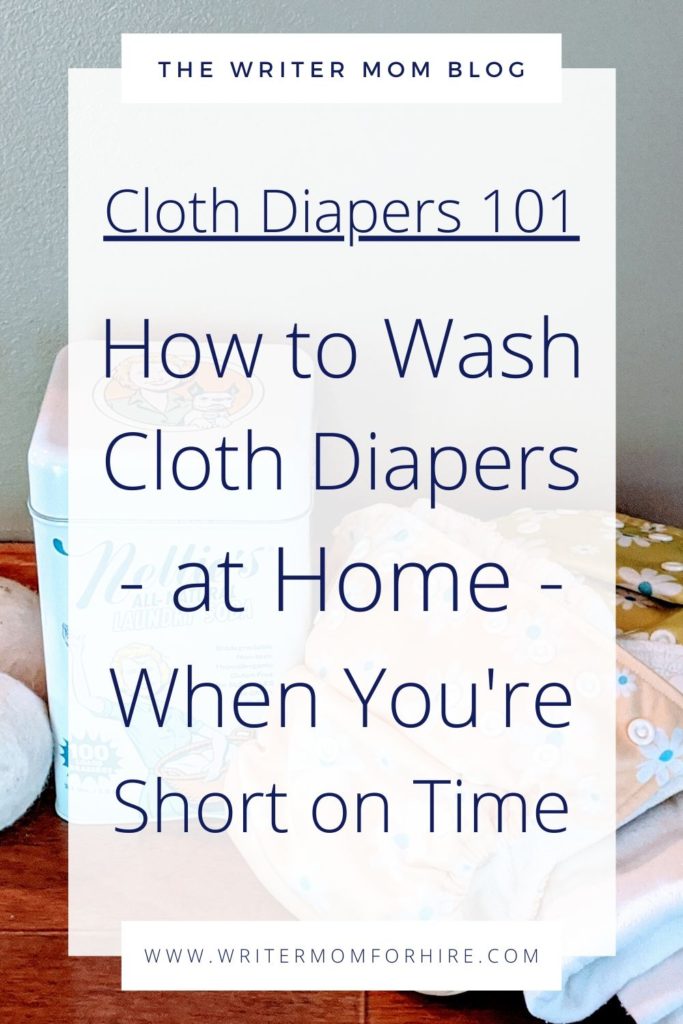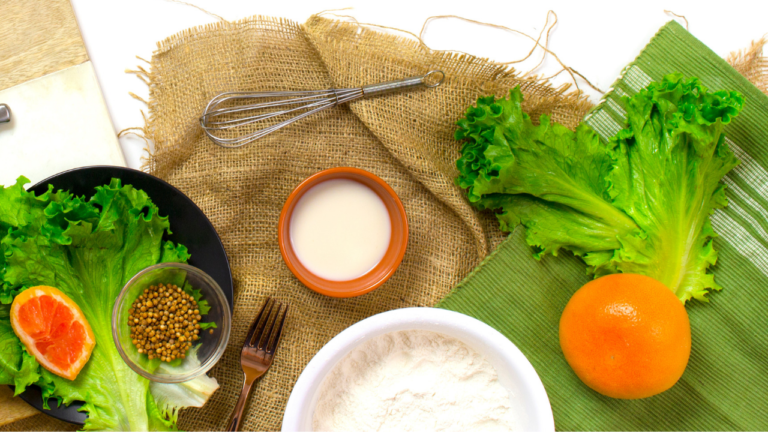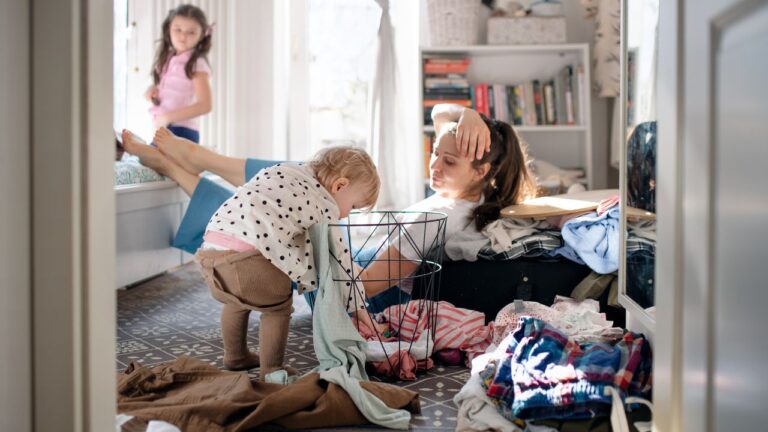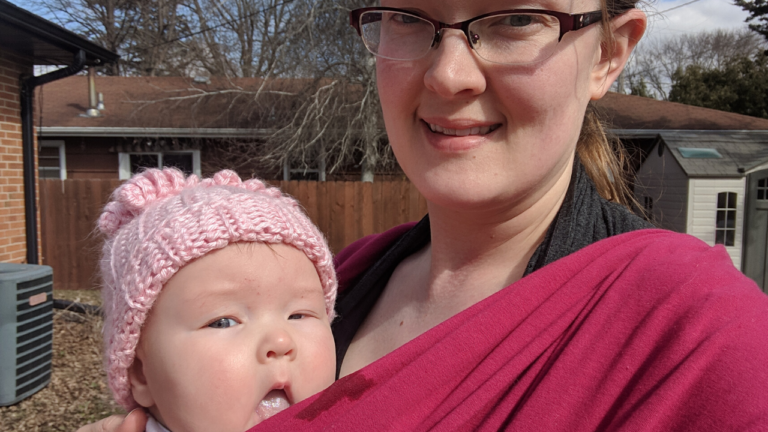How to Wash Cloth Diapers: The Busy Mom’s Guide
This post may contain affiliate links and we may earn commissions when you make a purchase through these links (at no extra cost to you). See our disclosure policy for more details.
Washing Cloth Diapers at Home When You’re Short on Time
Wondering how you’re going to find time in your busy schedule to wash cloth diapers?
You might be thinking that cloth diapering means spending endless time washing laundry, especially if you can’t hire a cleaning service.
Not so!
While cleaning cloth diapers at home does take a little more effort than simply tossing a disposable into the trash can, it doesn’t mean you’re going to spend all of your time laundering them.
Once you get into a cloth diaper wash routine, you’ll see just how simple it can be!
Here’s a simple cloth diaper cleaning routine that even busy moms can follow.
(Too busy to read it right now? Pin this image for later!)

Washing Cloth Diapers Step-by-Step
This is the condensed version if you’re short on time:
- Wait till laundry day.
- Toss ’em in.
- Run a quick rinse cycle.
- Add your detergent of choice.
- Get ’em nice and clean.
- Dry those babies.
- Put ’em away.
Helpful Tools
Before we get started, I wanted to share a few things that will help you get those diapers squeaky clean. (Don’t worry, I’ll explain each of these items in a little more detail below!)
– wet bags
Now, I’ll break down each step with a few additional tips for quickly, but effectively, washing cloth diapers at home.
Obviously, you should read and follow the diaper manufacturer’s cleaning instructions, but this guide will help give you an idea of how simple the process can be.
1. Wait till laundry day.
And what exactly do you do with wet (or poopy) cloth diapers while you wait for laundry day?
We keep ours in a wet bag, but anything that you can close up (to keep out the smell) would work. A lot of people use the “dry pail” method, which is essentially a lidded pail with a washable liner.
You can toss them in dry and close it up till laundry day. If you’re exclusively breastfeeding, you don’t have to rinse poop off the diapers, since it washes off easily in the machine.
Once you start feeding your baby solids, you’ll want to invest in a diaper sprayer to remove solids before storing the dirty diaper for laundry day.
Pro Mom Tip: We have two wet bags, so while one is in the wash, we can throw dirty diapers into the other.
2. Toss ’em in!
Yep — diapers, wet bag, and all. Same goes for cloth wipes if you’re using them. Just make sure to wash your cloth diapers separately from your regular laundry.
3. Run a quick rinse cycle.
Before running the wash cycle, we run a quick rinse cycle with ONLY cold water — no detergent. It doesn’t take long; our rinse and spin cycle takes 11 minutes.
A cold rinse helps to remove stains before the main wash. If you skip this step and go directly to a hot wash, the stains could set in and you might end up with discoloration.
4. Add your detergent of choice.
If you haven’t already chosen a cloth diaper safe detergent, this post will explain how to choose the best laundry detergent for your cloth diapers.
We use Nellie’s All Natural Laundry Soda, a powdered detergent that is safe for both cloth diapers and high efficiency machines.
It is biodegradable, contains only four ingredients (no fragrance!), and dissolves easily in both cold and hot water.
(By the way, it works great for regular laundry, too!)
Of course, you will want to start out with the amount recommended on the container. Since we use a powdered detergent, I simply scoop it and dump into the machine’s tub along with the pre-rinsed diapers.

5. Get ’em nice and clean.
Now, it’s time for a nice, hot wash cycle. We wash our diapers with hot water to kill bacteria.
It should be no hotter than 130 degrees Fahrenheit, otherwise you risk destroying elastic or PUL (the waterproof covering on some cloth diapers or diaper covers).
I always add an extra rinse at the end to make sure they come out nice and clean. After washing, make sure to smell them! If they smell funny, toss ’em back in and wash again.
Pro Mom Tip: If the diapers still smell, toss in a wet towel and run another wash cycle. HE machines use sensors to determine the fill level and adding extra weight should ensure that it’s using enough water.
6. Dry those babies.
You can either line dry or machine dry them, whichever works for you.
We just throw ours into the dryer. I like to run it on low for 15-30 minutes, then remove anything with elastic or PUL, and hang them up to finish drying if needed. I finish drying the prefolds on normal heat.
And if you have the option, dry them in the sun every so often to help whiten and disinfect the diapers.
Pro Mom Tip: Avoid using fabric softener or dryer sheets, or you’ll risk losing absorbency. Instead, we use wool dryer balls to help soften our laundry.
7. Put ’em away.
And that’s it! Store the clean cloth diapers near your diaper changing station, then repeat this process in a couple of days.
Ready to TRANSFORM YOUR MORNINGS?
Do your mornings feel rushed? Are you craving a little more structure in your days, or even a sense of purpose?
Sign up for the FREE 7-Day Morning Makeover Challenge and start making meaningful changes to your morning routine right away.
Over the next seven days, you’ll:
- Define your perfect morning routine
- Find time in your busy morning
- Come up with a solid game plan and more!
Washing Cloth Diapers for the First Time
If you’re just starting your cloth diapering journey and you’ve already started a small diaper stash, you might be wondering if you need to wash them before their first use.
You’ll definitely want to “prep” them, or run them through the wash at least a couple times before using them, whether you bought them used or brand new.
If they’ve been used previously, wash them at least twice (using the above instructions) and smell them to make sure there’s no lingering odor. If they still have a funky smell, you’ll want to run them through the wash again.
New cloth diapers should be washed prior to using them, as well.
I recommend washing them at least twice (if not more) for shrinkage and to properly break them in, although you’ll want to follow the instructions that came with your diapers since they can vary slightly depending on the material.
Between each wash cycle, you can either machine dry or line dry.
Pro Mom Tip: Be sure to prep diaper covers separately from the diapers and line dry or tumble dry the covers on low for 15 minutes.
Washing Cloth Diapers With Hard Water
Got hard water? You’ll probably have to use a little more detergent. Theoretically, if you have a water softener system, you should be able to use less, so with hard water you might need a little more laundry soap.
Make sure to rinse them well, even if you have hard water. Sadly, residue on the diapers can cause painful bottoms.
If you need to, you can add an unscented hard water treatment. Add the softener to the water first and let it disperse in the water before adding the detergent.
Avoid adding it to the rinse cycle, though, since it’s high pH.
There are a lot of different factors that go into how much rinsing you need, so you’ll just have to try it out and see what works for you.
How Often Do You Have to Wash Cloth Diapers?
The recommendation is to wash cloth diapers every two to three days. Every other day is ideal, but life gets busy, so it’s not the end of the world if you have to wait an extra day.
You definitely don’t want to go too long in between washes. Obviously, waiting longer means extra stinky diapers. Bacteria will continue to grow, and stains will start to set in.
What About Stains?
Odds are, you’ll probably see some staining on your cloth diapers at some point. It doesn’t necessarily mean they aren’t getting clean enough (let your nose guide you on that!).
And it doesn’t mean they’re ruined.
To be honest, our newborn cloth diapers got pretty stained because I threw them into the wet bag without rinsing off the poop. (Remember, you don’t have to when your baby is exclusively breastfeeding.)
But if you want to prevent staining, be sure to invest in a diaper sprayer to rinse them off, then throw them into the bag while still wet — especially once your child is eating solids.
And, of course, wash them at least once every 2-3 days.
They might still get dingy, though, and that’s where the power of natural sunlight comes in. After washing, hang those babies up to dry in the sun and it should naturally whiten them.
Can I Use Bleach or Vinegar?
While some manufacturers recommend using bleach occasionally, using it on certain brands may void the warranty. Using vinegar shouldn’t void the warranty.
Personally, I prefer not to use bleach at all on my cloth diapers, even if it’s rinsed well — but that’s up to you.
You’ll want to be careful with the vinegar, too, since it’s actually pretty powerful! Use the smallest amount possible to avoid damaging your diapers, and be sure to rinse VERY well afterward.
Concluding Thoughts
The main takeaway from this post: Washing cloth diapers at home doesn’t have to be complicated.
We wash our cloth diapers every other day, and it really doesn’t take much extra time out of my day. Simply toss everything into the machine, cold rinse, hot wash with an extra rinse at the end, and dry gently.
Of course, if you run into any issues, you’ll figure it out as you go. But that’s a post for another day!
Related:
Natural Laundry Detergent for Cloth Diapers: What to Look for & What to Avoid
How to Choose the Best Diaper Cover for Babies + Toddlers
Review | Thirsties Duo Wrap Diaper Covers for Prefolds, Flat, Fitted Cloth Diapers









Phew! Thankfully I am a long ways from diapers of any kind! This is great for new parents with environmentally conscious thinking or little ones with sensitive bottoms. I know my grandson was very sensitive to diapers and could only wear certain ones or would get a chemical burn.
Wow! I didn’t realize there were mom’s out there that actually use cloth diapers any more. I used them for my son and daughter (who are adults), although I did use disposable ones for trips, going to church, etc. Only I cannot image not cleaning them out first. I dumped the poop in the toilet and then soaked them in a pail with water and Lysol Liquid – this not only sanitized them, but kept them from smelling as well. Then they were washed, dried and folded when I had full load to wash. I believe babies are more comfortable in the cloth diapers, although is more work for the moms.
Great advice to pass on to young moms!
Everything about this is awesome. I hope new moms consider this. Wish I had known this when my kids were younger.
Thanks, Yvette! Cloth diapering really isn’t as hard as it seems.
Thank you, Lisa!
To be honest, I had never thought about cloth diapering until I was pregnant for the first time. With breastmilk poop, you don’t have to rinse first but once baby starts eating solids, it’s definitely advisable. But most people today don’t soak cloth diapers. If there’s still residue, spraying them down really well with the diaper sprayer will keep them nice and wet until washing, and will help prevent staining. Cloth diapering certainly is different today than it used to be!
Ouch, poor guy! That sounds terrible. I have one daughter with a sensitive bottom, and she got diaper rash quite a bit as a baby. Not fun!
I used cloth diapers way back when disposables were rising stars of the diaper world. As a mom to six children, cloth diapers were the way to go for three of my kids at a time when cloth was not the preferred diapering method. As busy as I was with all my children at home, I found cloth to be a great choice for my family and never thought they were too much trouble. This article has great cloth diapers tips for the modern family and I hope more parents choose cloth!
I was never brave enough to try cloth diapers when my kids were babies. This is a good guide for those who choose that route. Thanks for sharing!
Wow! Not sure I could do this with 4 kids hahaha
Lol! That would definitely be a full time job!
Thanks! It sounds intimidating, but cloth diapering isn’t as bad as it sounds. 🙂
Thanks Shirley! Sounds like you were a busy lady. My mom cloth diapered a few of us before moving on to disposables, although I’m sure cloth diapering was a little different back then!
Good for you! Wow! Cloth diapers!
I cloth diapered my twins and never regretted it! Great post to explain it and make it seem easy for those that aren’t used to cloth, thanks!
Very interesting. Cloth diapers are getting so popular these days! I wonder if the rinse method would help with regular, really dirty clothes?
That’s an interesting thought. It might be worth a try!
That’s awesome that you cloth diapered both of your babies!
I’ve always been curious what people do with cloth diapers since I’ve never had any kids to try them out on. Now I know!
Haha! Thanks for reading, and I’m glad I could help! 🙂
I really wish I would’ve had this blog post available when I had babies! I did cloth diapers for my first 2 kids then was working full time with my 3rd and decided it was too much hassle. You break it down nicely; thank you for that!
That’s completely understandable; I stopped cloth diapering for quite a while because I was working full time and washing cloth diapers was just too much at that time. Sometimes, you just have to do what you have to do!